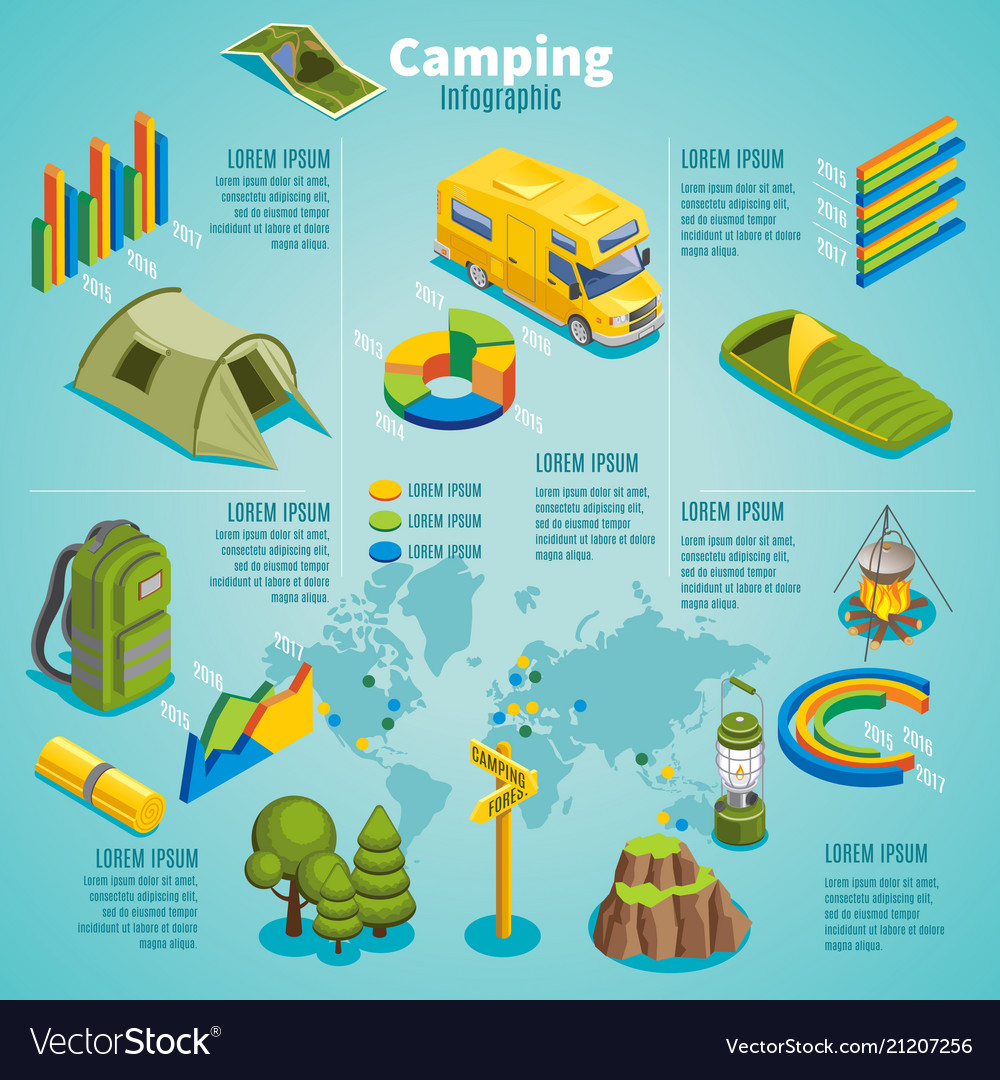CPAI-84 is a standard made use of to examine textile for usage in outdoors tents. It makes use of a fire to shed the material and determine the damage length to identify whether or not it is fire retardant.
How often should a tent be waterproofed?
Several outdoors tents are treated with fire retardant chemicals to meet CPAI-84 standards. Direct exposure to these chemicals is connected to unfavorable health results.
CPAI-84 is a non-committal and volunteer standard for flammability of outdoors tents.
A tent is a mobile, temporary sanctuary designed to secure people from the aspects. Tents are commonly used for leisure tasks and pajama parties and can additionally be a form of sanctuary for individuals experiencing homelessness. A brand-new proposal would certainly change the recommendation to CPAI-84 in the Tents Rules with the recently released ASTM F3431 criterion, which needs a reduced level of flammability and specifies clear labelling needs.
CPAI-84 is a non-committal and voluntary requirement that relates to outdoor materials, consisting of those used in camping tents. The examination measures the flammability of material by melting samples and measuring their char size and after fire. It also thinks about weathering of the textile.
The current CPAI-84 test is much less matched to the materials that comprise modern-day tents, which are usually constructed from lightweight and synthetic materials. It is additionally not as accurate as the new ASTM F3431 examination. REI is partnering with various other brands, producers and standard-setting teams to sustain the ASTM F3431 criterion, which can enable outdoors tents to fulfill flammability criteria without fire resistant chemicals.
CPAI-84 is a screening approach.
CPAI-84 is a testing technique that examines flame-resistant materials used in outdoor camping outdoors tents. It specifies a camping tent as "any portable short-lived shelter or framework made to protect people from the aspects." This consists of outdoor camping outdoors tents, play outdoors tents, dining flies and covers, rv awnings, and fabric screen residences.
Numerous states, consisting of California, need that materials used in camping tents satisfy CPAI-84 requirements. These demands vary from state to state, nevertheless. Some neighborhood codes, like those in New York, may require NFPA 701 qualification, which is much more extensive than CPAI-84.
The CPAI-84 examination requires that four northern california glamping samples of the fabric be examined in their original state, waterlogged for 72 hours, and aged through sped up weathering. It additionally requires that the example pass a small examination, in which it is exposed to a fire for 12 seconds and determined for char length and damage time.
CPAI-84 is an accreditation.
Several states call for that textiles made use of in awnings, draperies and tents be certified as flame resistant. The most common examination is NFPA 701 or CPAI-84. NFPA 701 tests for flame spread, while CPAI-84 steps char size and afterflame. Both examinations utilize a Bunsen burner or a shed tablet as the ignition source.
CPAI-84 is a screening approach created especially for fire resistance in camping outdoor tents textile. Its standards are widely accepted in the U.S. and are considered a criteria for fire safety in outdoor fabrics worldwide. The CPAI-84 certification is a mark of top quality that can be revealed on a maker's web site to reveal customers that the product fulfills the highest possible security requirements.
A new update to CPAI-84 is available via the Advanced Textiles Organization (ATA). This version allows for testing of textiles without using dangerous fire resistant chemicals. This step is being driven by consumer demand and a worry for health and wellness risks that are associated with direct exposure to these chemicals.
CPAI-84 is a requirement.
CPAI-84 is a requirement for flame-retardant materials made use of in outdoor camping outdoors tents. It is similar to ANSI 4950, yet both tests have different requirements and examination approaches. CPAI-84 is the obligation of Industrial Fabrics Association International and includes testing for camping tents, play outdoors tents, mobile home awnings, dining flies and canopies, and textile screen residences.
CPAI-84 is usually needed for outdoor camping items sold in the USA and is thought about a benchmark for fire safety and security in materials. It is also crucial for camping producers to follow the standard to ensure that they can provide customers with a high level of self-confidence in the security and top quality of their products. Several states, consisting of California, call for tents to comply with CPAI-84 criteria. If you're searching for a top quality camping tent, make sure to look for compliance with this criterion. If you're uncertain, speak to the producer and inquire about their testing approaches and documentation.
